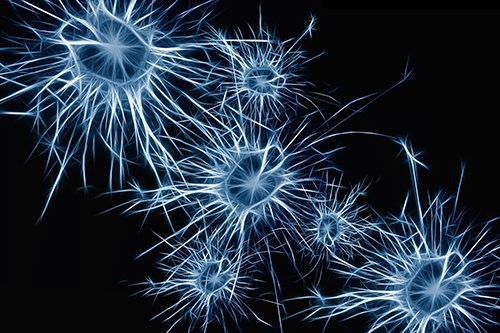
Shifting from a high-pressure mindset to a curious one improves people’s memory.
New research from Duke found that people who imagined being a thief scouting a virtual art museum in preparation for a heist were better at remembering the paintings they saw, compared to people who played the same computer game while imagining that they were executing the heist in-the-moment.
These subtle differences in motivation—urgent, immediate goal-seeking versus curious exploration for a future goal—have big potential for framing real-world challenges such as encouraging people to get a vaccine, prompting climate change action, and even treating psychiatric disorders.
The findings appeared online July 25 in the Proceedings of the National Academy of Sciences.
Alyssa Sinclair, Ph.D...
Read More







Recent Comments